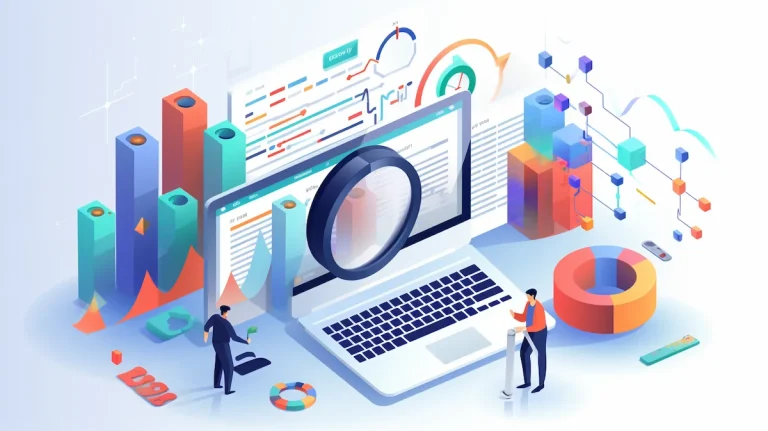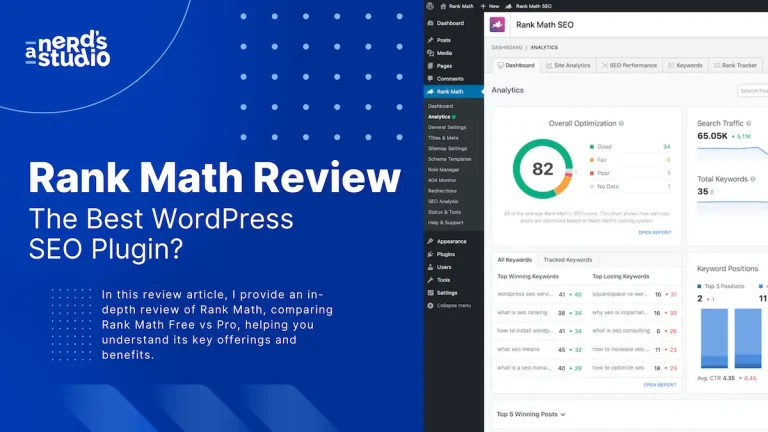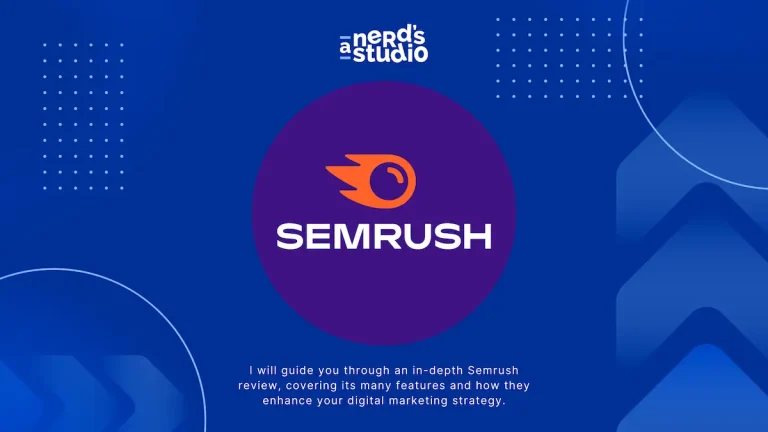Are you looking to improve your website’s visibility and rank higher on search engines? Well, you’re in luck!
I have some excellent on-page SEO strategies that will help you do just that. No need to worry about complicated jargon – I’ll guide you on optimizing your website in a way that search engines love.
I’ll show you how to create valuable content that matches what users are looking for and give you tips on where to strategically place those important keywords.
Don’t miss out on this opportunity to unlock your website’s full potential.
Let’s dive right into the world of effective on-page optimization strategies together!
My Takeaways
Introduction to On-Page SEO
When it comes to optimizing your webpages, on-page SEO is a crucial aspect that you should prioritize. By focusing on on-page SEO, you can enhance your website’s visibility and organic search traffic.
It involves optimizing your webpage content to help search engine crawlers understand the meaning and context of your pages, ultimately leading to better rankings and user satisfaction.
The Importance of On-Page SEO
Understanding the importance of on-page SEO is crucial for maximizing your website’s visibility and achieving higher rankings in search engine results pages. Here are three reasons why on-page SEO is essential:
On-Page vs. Off-Page SEO
You need to understand the difference between on-page and off-page SEO to effectively optimize your website for search engines. Both have their pros and cons, but on-page SEO is a crucial starting point for optimizing your webpages.
On-page SEO involves optimizing the content and structure of your webpages to make them more search engine-friendly. It includes techniques such as:
Key Elements of On-Page SEO
When it comes to on-page SEO, there are several key elements that you need to focus on:
Optimizing these elements is crucial for improving the visibility and relevance of your webpages.
By strategically placing target keywords in title tags, crafting click-worthy meta descriptions, creating user-friendly URLs, using heading tags to structure your content, and maintaining an optimal keyword density, you can enhance your on-page SEO and attract more organic traffic to your website.
Title Tags
One important element of on-page SEO is optimizing your title tags. Title tags play a crucial role in improving your website’s visibility and search engine rankings.
Here are three key strategies for effective title tag optimization:
Meta Descriptions
Optimizing your meta descriptions is a crucial aspect of effective on-page SEO strategies.
Meta descriptions are brief snippets of text that appear below the page title in search engine results. They provide a concise summary of your webpage’s content and entice users to click through to your site.

To improve meta descriptions, you should focus on crafting compelling and unique descriptions that accurately reflect your page’s content and include relevant keywords.
Additionally, optimizing page loading speed is another key element of on-page SEO. Slow-loading pages can negatively impact user experience and search engine rankings.
To optimize page loading speed, you can compress images, minimize HTTP requests, enable browser caching, and use a content delivery network (CDN).
By improving meta descriptions and optimizing page loading speed, you can enhance your on-page SEO and drive more organic traffic to your website.
URL Structure
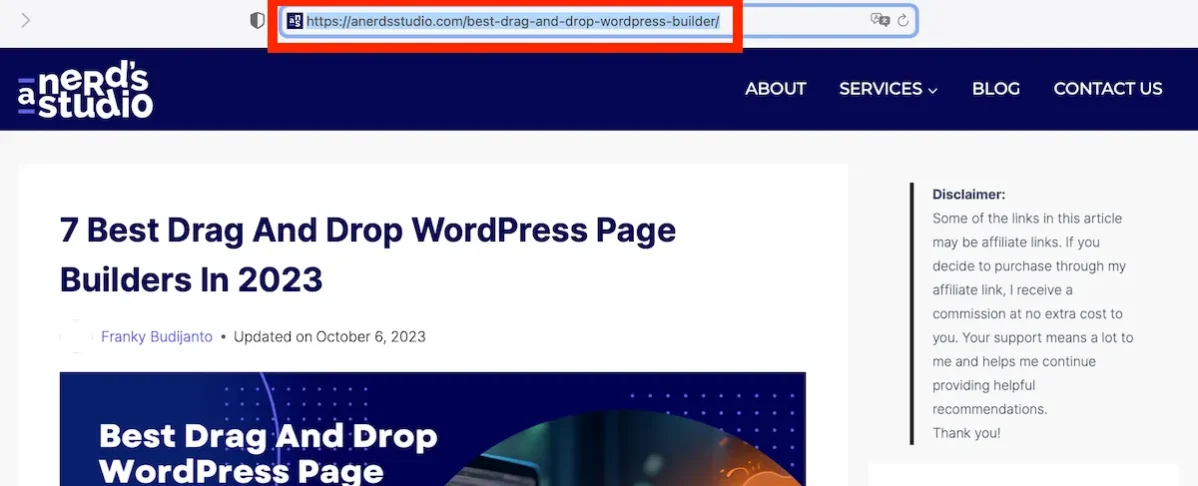
Now let’s look into the importance of URL structure as one of the key elements of on-page SEO. A well-optimized URL can significantly impact your website’s visibility and search engine rankings.
Here are three reasons why URL structure is crucial for on-page SEO:
Heading Tags
Heading tags play a crucial role in optimizing webpages for on-page SEO.
Properly using heading tags not only helps search engines understand the structure and hierarchy of your content but also improves user experience and readability.
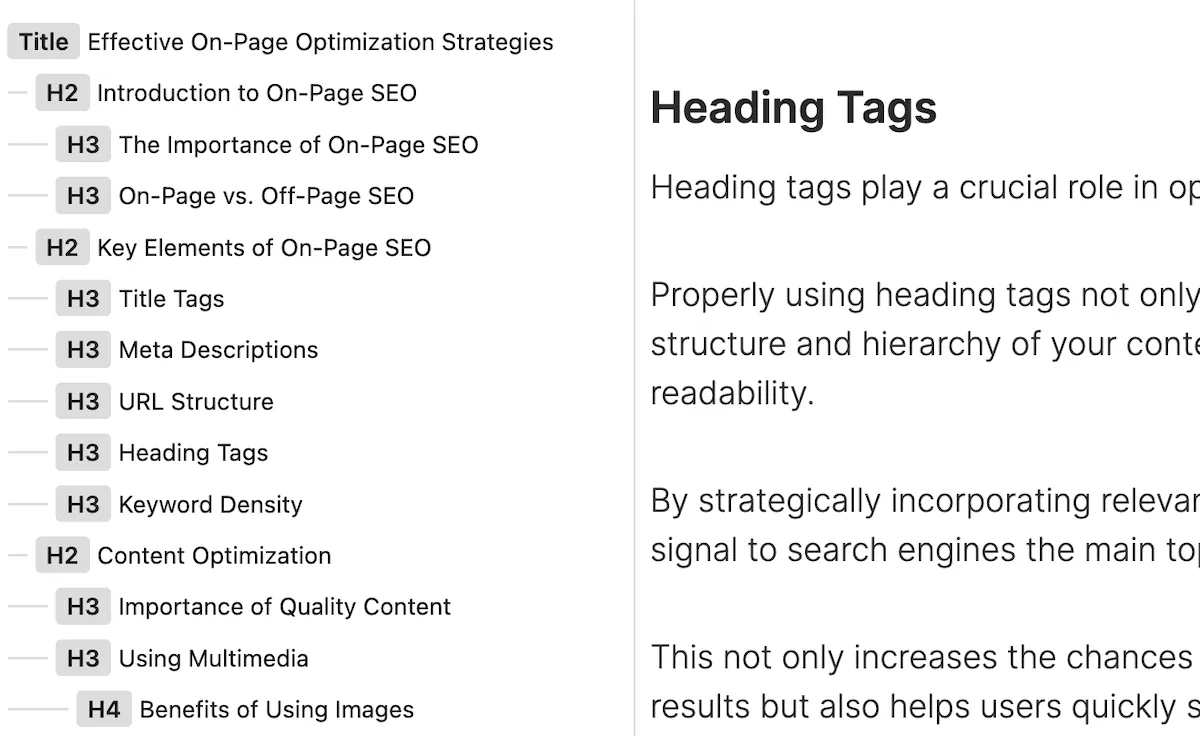
By strategically incorporating relevant keywords into your headings, you can signal to search engines the main topics and themes of your page.
This not only increases the chances of your content being ranked higher in search results but also helps users quickly scan and navigate through your webpage.
When it comes to header optimization, following SEO best practices is essential for achieving maximum impact. By following header optimization best practices, you can enhance your on-page SEO strategy and make your content more powerful and impactful.
Keyword Density
When it comes to on-page SEO, one key element to consider is the appropriate keyword density in your content.
Keyword density refers to the number of times a target keyword appears in relation to the total word count of a webpage.

Finding the right balance is crucial for optimizing your content for search engines. I use Rank Math SEO to manage keyword density. If you build your website using WordPress, I highly recommend this plugin SEO tool.
Here are three important things to keep in mind when it comes to keyword density:
Content Optimization
When it comes to on-page optimization, the importance of quality content can’t be overstated. Search engines prioritize user experience and recommend content that’s valuable and matches user intent.
Importance of Quality Content
Creating high-quality content is essential for effective on-page optimization. When it comes to content optimization, the importance of keywords can’t be overstated. Here are three reasons why quality content is crucial for on-page SEO success:
Using Multimedia
When it comes to on-page optimization, using multimedia elements such as images and videos can provide several benefits.
Incorporating visually appealing and relevant images can enhance the user experience, capture attention, and improve engagement on your webpage.
Similarly, leveraging video content can convey information effectively, increase dwell time, and boost overall SEO performance.
Benefits of Using Images
One of the benefits of using images in your on-page optimization strategy is enhancing the user’s visual experience. Images can captivate and engage your audience, making your content more appealing and memorable.
They can also convey complex information or concepts quickly and effectively. Additionally, images can improve the accessibility of your website by providing alt tags, which are important for image optimization.
Incorporating images into your on-page SEO efforts can greatly enhance the overall impact and effectiveness of your content.
Leveraging Video Content
To enhance the effectiveness of your on-page optimization strategy, leverage video content by incorporating engaging and informative videos on your webpages.
Optimizing video content is crucial for improving your website’s visibility and user engagement. Implement video SEO techniques to maximize the impact of your videos.
Use descriptive titles, tags, and captions to provide context and relevance. Optimize video loading speed to enhance user experience.
Incorporating video content will boost your on-page SEO efforts and attract more organic traffic to your website.
Advanced On-Page Strategies
To take your on-page optimization to the next level, focus on mobile optimization and schema markup.
Mobile optimization is crucial as more and more users are accessing websites from their mobile devices. Ensure that your website is responsive and loads quickly on mobile devices.
Implementing schema markup can provide search engines with additional information about your content, helping them better understand and display your webpages in search results.
Mobile Optimization
For effective mobile optimization strategies, focus on optimizing your website’s on-page elements to enhance the user experience and improve search engine rankings.
Here are three advanced on-page strategies for mobile optimization:
Schema Markup
Structured data is a powerful tool that can enhance your SEO efforts and improve your website’s visibility in search engine results.
By using Schema Markup, you can provide search engines with additional information about your website’s content, such as product details, reviews, ratings, and event information.
This structured data helps search engines better understand the context and relevance of your webpages, leading to improved visibility and higher rankings.
Implementing Schema Markup is considered one of the SEO best practices because it provides search engines with the necessary information to display rich snippets, knowledge panels, and other enhanced search results.
Wrap-Up
Hey there! Congratulations on mastering the art of effective on-page optimization strategies.
You’re now equipped with the knowledge to optimize your webpage content, strategically place target keywords, and structure your pages properly.
The best part? These techniques can significantly boost your website’s visibility and attract more organic traffic.
But here’s the thing – on-page SEO isn’t just about improving search engine rankings.
It’s also about enhancing user experience and laying a solid foundation for successful off-page SEO strategies.
So, why wait any longer? Start optimizing today and watch your website climb those search engine results pages!
